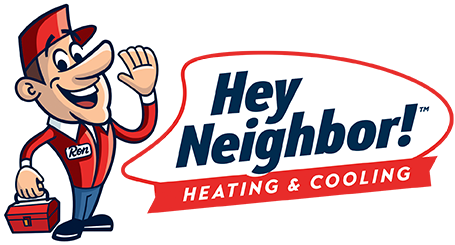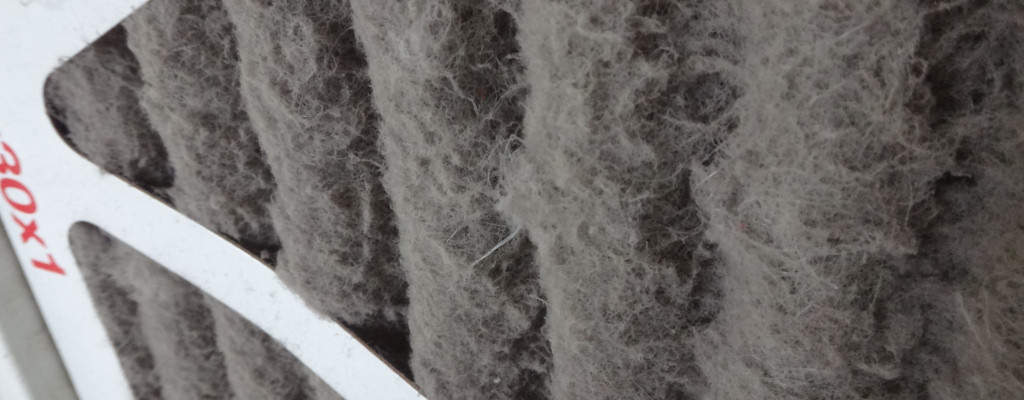One commonly-overlooked household maintenance item is your HVAC system’s air filter. We see this all the time during system checkups. Many homeowners don’t know where their filter is, while others have no idea that it should regularly be replaced. Some folks are even under the impression that a dirty filter is better because it’s visibly trapping dirt!
Why is a dirty filter a big deal?
Your filter is an essential part of your entire heating and air conditioning system. It removes many contaminants that can reduce your system’s efficiency or even damage it. Virtually any filter will prevent dirt, dust, pet hair, and bugs from entering your forced air unit and your home’s ducts. Better-quality filters can capture mold spores and other allergens, leaving your conditioned air considerably cleaner than before it passes through the filter. When dust accumulates in your ducts and combines with moisture or high humidity, it forms a good environment for mold to grow. If your furnace emits a burning odor when you first turn on your furnace each fall, your ducts may need to be cleaned.
Dirty filters cost you money
A clogged filter’s reduced causes your HVAC system to work harder. Its fan has to run longer to circulate all the air in your home and also works harder to pull air through the dirty filter, which in turn uses more electricity. Just like in a car, a high-quality filter allows better airflow, which improves performance.
Clogged filters can ruin your system
Your HVAC system must be balanced to ensure it operates at peak performance. The equipment must be sized appropriately for your home, and it depends on efficient airflow. If a dirty filter reduces the airflow, broad changes in temperature can damage your system, similar to how an obstructed radiator in your car causes it to overheat. Overheating can lead to cracks in the heat exchanger, which can allow Carbon Monoxide (CO) gas into the living space of your home, putting your family in considerable danger!
Likewise, if there is inadequate airflow in cooling mode, your system’s AC coil can freeze and possibly crack from an insufficient amount of warm air moving across it. The overly cold air temperature causes too much moisture to condense, like the moisture on a cold drink on a warm day. The temperature drop that we look for during a checkup is 14-22 degrees from the air that enters the system and the air that is distributed back into your home. If it’s less than 14 degrees, there could be a problem with the condenser or refrigerant. If it’s higher than 22 degrees, it can indicate an unbalanced system or a clogged filter.
To sum up, the amount of airflow affects the temperature change in your HVAC system. Inadequate airflow causes too much temperature change, and that is bad. We recommend checking your filter monthly and changing it every other month – more often if you live in the country or have pets. Another thing to consider is having your system professionally tuned once a year. A yearly checkup is very reasonably priced and will save you money in repairs in the long run!


Comments are closed